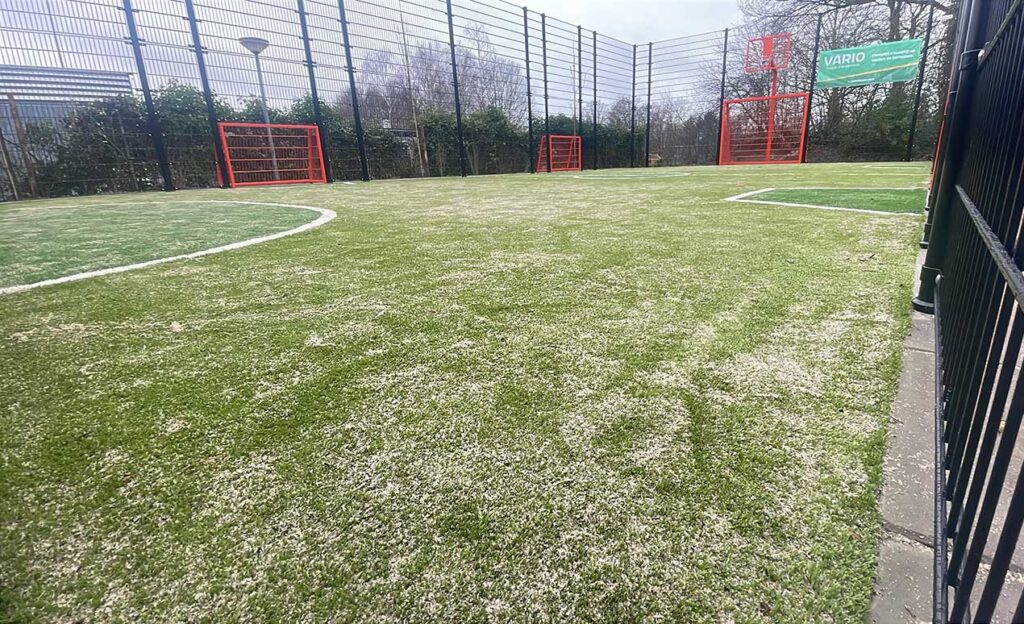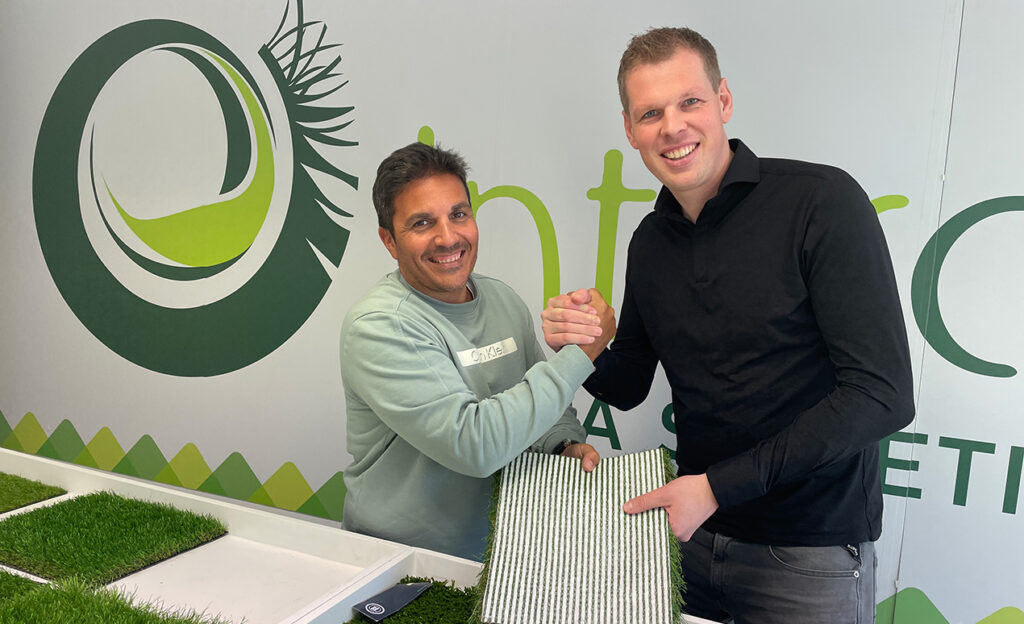The publication of ONE-DNA™️ EPDs in several leading environmental databases makes certifications accessible to architects, policy makers, developers, governments, communities and businesses who want to make sustainable decisions based on objectively verified information. These listings are critical to promoting sustainability and transparency.
MRPI® is an internationally recognized method for declaring the environmental aspects of construction products. It serves as a passport for the Dutch NMD, the Belgian Environmental Database, and the European EPD. MRPI® helps producers stand out from suppliers with unfounded environmental claims.
Visit: MRPI
ECO Platform is an internationally oriented database offering a wide range of Environmental Product Declarations (EPDs). Stakeholders worldwide use this platform to evaluate the environmental impact of products and promote sustainable choices. It provides a consistent and reliable source of environmental data, contributing to global efforts for a more sustainable future.
Main Users of These Databases
- Architects and Designers: These professionals use the databases to select sustainable materials and create low-impact designs.
- Construction Companies: Contractors use EPDs to meet sustainability standards and implement green building projects.
- Developers: By using these databases, they can develop projects that attract investors and end-users who value sustainability.
- Governments and Municipalities: These databases assist governments in developing sustainability policies and procurement criteria.
- Engineering Firms: For conducting Life Cycle Analyses (LCAs) and calculating the environmental impact of construction projects.
- Artificial Grass Specialists, Landscapers, and Garden Centers: These databases provide transparent information essential for companies aiming to offer and install sustainable products.
- Endcustomers: Although consumers do not yet use these environmental databases, EPDs can help them make sustainable choices. They provide insights into the environmental performance of products, allowing consumers to compare and make informed purchasing decisions.
Local Databases
The ONE-DNA™️ team works closely with changemakers in various countries to ensure product listings in local environmental databases. Examples include:
- NBS Source in the United Kingdom: NBS Source is a platform from the National Building Specification (NBS) offering centralized information about construction products and specifications. It supports the architecture, engineering, and construction (AEC) sector with detailed and structured information about building materials.
- Byggvarubedömningen in Sweden: Byggvarubedömningen is an organization that evaluates building materials for environmental performance and health effects, supporting the construction sector in making sustainable choices and reducing environmental impact.
What EPDs Mean for the Artificial Grass Market
Environmental Product Declarations (EPDs) significantly impact the artificial grass market. EPDs provide transparent and objective information about the environmental impact of artificial grass products throughout their life cycle. This helps manufacturers, installers, and consumers make informed choices that contribute to sustainability. By providing detailed data on factors such as raw materials, production processes, use phase, and end-of-life scenarios, EPDs ensure a better understanding of the environmental performance of artificial grass.
For the artificial grass market, this means:
- Transparency: EPDs make the environmental effects of artificial grass products clear, increasing market transparency.
- Comparability: EPDs allow different artificial grass products to be easily compared based on their environmental impact, aiding in selecting the most sustainable option.
- Market Advantage: Producers offering EPDs can differentiate themselves in the market by demonstrating their commitment to sustainability.
- Innovation Promotion: The data and insights from EPDs can encourage manufacturers to continually improve their products and processes to optimize environmental performance.
- Consumer Confidence: Consumers valuing sustainability can confidently choose EPD-certified artificial grass products, knowing they meet high environmental standards.
EPD Certification: A Standard for Sustainability
An Environmental Product Declaration (EPD) is an objective, validated, and independent document that describes a product’s environmental performance. It is prepared according to international standards such as ISO 14025, ISO 14040, and ISO 14044, ensuring consistency, reliability, and comparability of environmental information.
What This Means for ONE-DNA™️
The listing in these environmental databases confirms a commitment to sustainability and transparency. This allows for the clear and reliable communication of products’ environmental impact, benefiting not only customers but also the broader industry. The development of innovative and sustainable artificial grass solutions remains a priority, and this step towards broader recognition and availability in key environmental databases is a significant milestone on this journey.

































